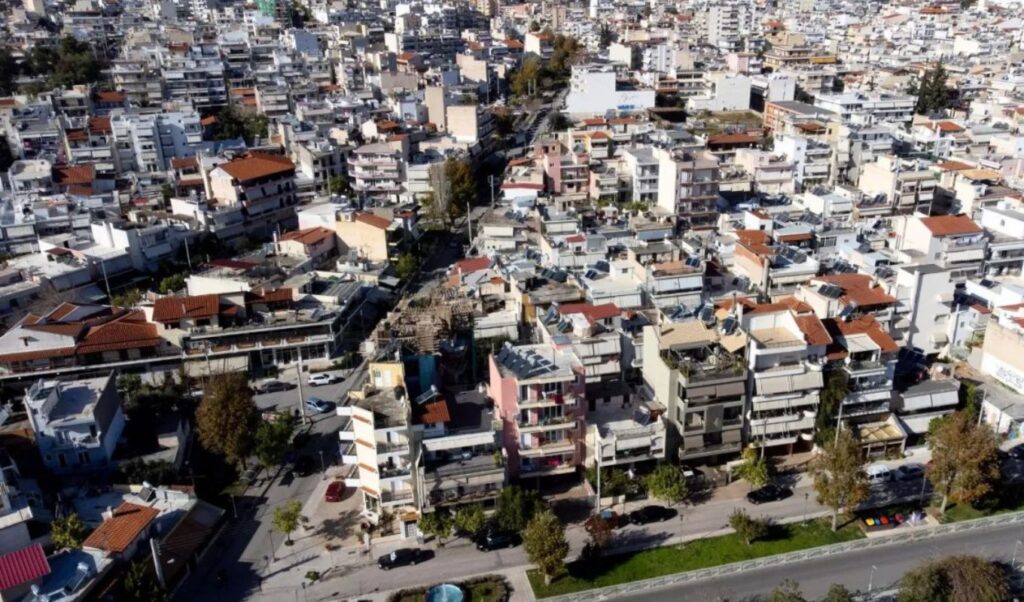From January 1, 2026, payment of all property rents through a bank account becomes mandatory, based on article 210 of law 5222/2025. The new regulation now extends to residential leases, effectively abolishing the right provided by article 601 of the Civil Code for payment at the landlord’s residence. In today’s announcement, POMIDA emphasizes that the penalties provided affect both owners and tenants, making timely adaptation to the new requirements necessary for all parties.
POMIDA states in today’s announcement:
Although most rent payments are already made through banks, POMIDA provides the following guidelines for interested property landlords for timely preparation and smooth implementation of the above provision, so they don’t risk suffering the unfair “penalty” provided against them:
1. In all new or extended lease agreements as well as in initial or modified rental information declarations in the relevant AADE application, we recommend that the classic clause regarding the place, method and time of rent payment should now be formulated as follows:
“Rent payment will be made exclusively by deposit or transfer to the landlord’s bank account with IBAN ………….….. of Bank …………….…. (or as notified to the tenant) within the first five days of each rental month, with any transfer costs to be borne by the tenant and will be proven exclusively by the bank deposit or transfer receipt, once executed. Any refusal by the tenant to make timely bank payment of rent is considered as non-payment and gives the landlord the right to seek return of the rental property by any legal means.”
This addition is absolutely necessary because the landlord has no other way to ensure compliance with the new procedure by any tenant who insists, for their own reasons, on not paying rent to the bank as now required by law.
2. From January 1, 2026, rent deposits must be made to a bank account in the landlord’s name, and no longer to any third party (e.g., their attorney, relative, lawyer, property management company, etc.) so that bank payment verification to the landlord is possible.
3. The landlord must notify this account number online to AADE, through a procedure that will be defined by them soon.
4. If rent deposits are made to a joint bank account, it’s advisable for the landlord’s name to be first among the account co-holders’ names, to facilitate data cross-checking by AADE.
5. Similarly, in case of multiple co-landlords, each must notify their own account in the lease agreement (or AADE declaration), with their name as the primary beneficiary, where their corresponding amount will be deposited.
6. Landlords should request from their tenants payment of all 12 monthly rents within the same fiscal year, by December 31, to ensure all monthly rents were paid through banks, otherwise they risk losing the legal deduction.
7. The current non-seizure limit of €1,250 from bank accounts for amounts from wages or pensions does not cover amounts from rents. Therefore, practically, collection of deposited rents from the landlord’s bank account will be done monthly by whoever is faster: the landlord or AADE.




